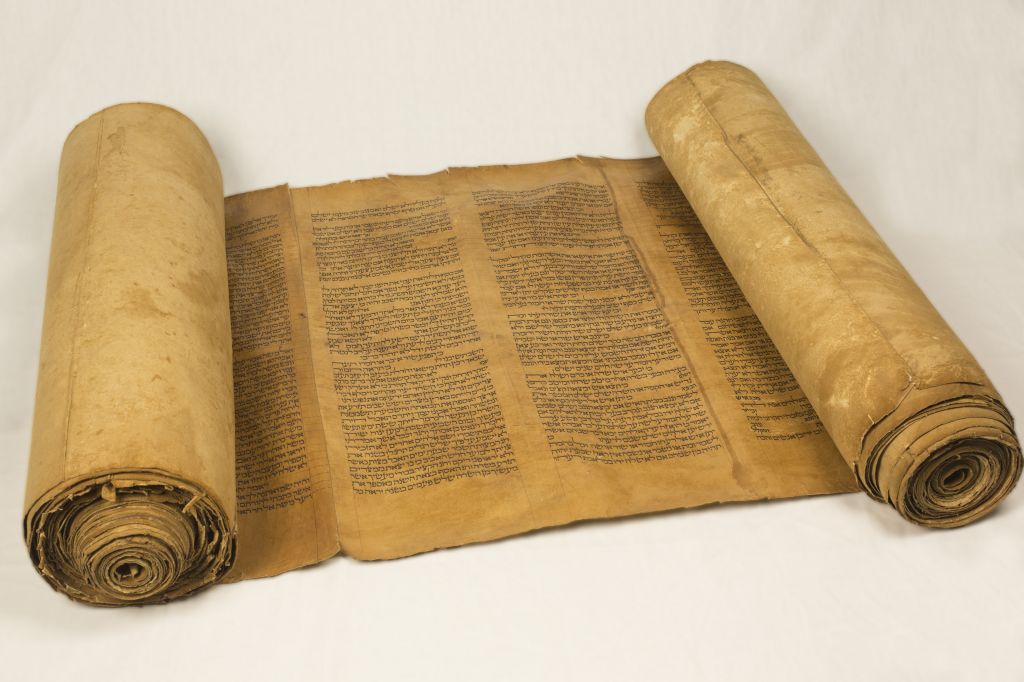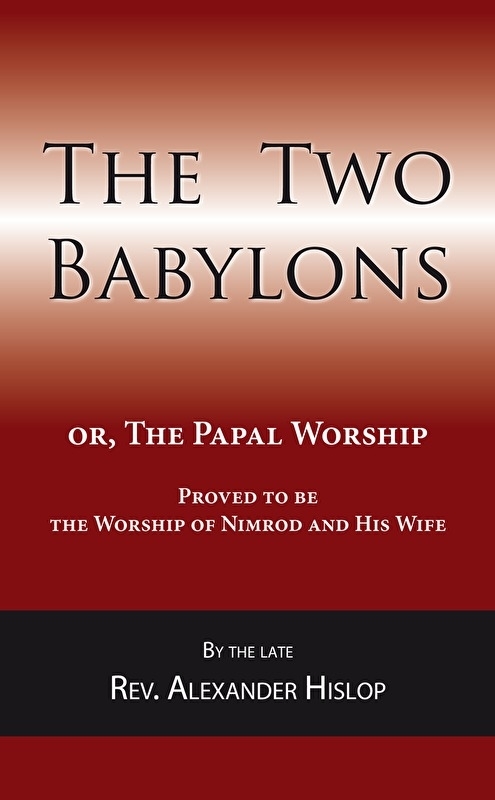Revisiting Easter

Yesterday was Easter Sunday. It is celebrated as the anniversary of Yeshua ha'Mashiach/Jesus the Christ's resurrection. There are a lot of claims about Easter's allegedly pagan origins - pretty much all false. I previously did a post Easter promoting these claims. I am doing this post to correct my previous claims. (Yes, this is similar to the situation with my posts Christmas and Revisiting Christmas.)
CLAIM: That Easter is the date of an ancient pagan solstice festival.
REALITY: There IS a single reference in the historical record to a pagan festival in April for a deity named Eostre. One. Single. Reference. It is by an English historian named Bede, who recounted a pagan ENGLISH/GERMAN tradition - somewhere in the 7th or 8th century AD.
On the other hand, we have records of a separate celebration of Yeshua's resurrection in March/April IN THE MIDDLE EAST by the mid-2nd century AD - and that record (a homily, attributed to Melito of Sardis) indicates that the practice was already well-established, meaning it had been practiced for at least a few decades.
Many point out that our word Easter does indeed derive from Eostre, and that the Christian festival of Easter allegedly replaced the pagan festivities for Eostre in Germanic countries, at least according to Bede.
HOWEVER - Easter is ONLY called Easter in English and other Germanic languages; in most parts of the world - and universally in the first few centuries AD - Easter was and still is simply known as Passover. It is a historical fact that the Christian Passover (our English Easter) developed quite independently of any pagan festivals; it was simply a day to remember what Christ did for us.
In other words, no amount of English or Germans trying to rename it after a goddess (without actually trying to insert any of their paganism into the festival) will make Easter pagan.
(And it's notable that just a few centuries ago, among English speakers, "Easter" and "Passover" were synonymous, with some using Easter to refer to the Biblical festival honouring the Exodus. THIS is why the KJV of Acts 12:4 reads "Easter" instead of "Passover"; that was word's meaning at the time. Similar to how Jesus' brother Ya'akov's name was translated as James rather than Jacob; not because of the English King James I who commissioned the translation - as some erroneously claim - but because at that time James was the more commonly used version of the Biblical name.)
(It's also worth noting that it's disputed as to how accurate Bede's claim is; there's literally NO other record or evidence of Eostre's existence.)
For the first few centuries, the Christian Passover was held on the Biblical Passover, and the Jewish community was consulted for the date. Thus, in the first few centuries, on the same day the Jews celebrated their ancestors' deliverance from physical bondage by YEHOVAH through Moses, the Christians celebrated their deliverance from spiritual bondage by YEHOSHUA HA'MASHIACH. Also remember that the earliest believers kept the Torah, and were de facto Messianics (see Does the Torah Still Apply?), and kept the original Passover; the remembrance of Christ's death and resurrection was simply added to the existing festival. It was as Christianity drifted further from the Torah (and the original Gospel) that the Christian Passover became a separate festival from the Biblical Passover, although they continued to be held on the same day, and continued to (and still continue to) hold the same name.
Even after many Christians stopped celebrating the Biblical feasts, they relied on the Jewish community to inform them of when Passover was, so they could celebrate on the same day.
CLAIM: "In 325AD the first major church council, the Council of Nicaea, determined that Easter should fall on the Sunday following the first full moon after the spring equinox.
That is why the date moves and why Easter festivities are often referred to as “moveable feasts”."
REALITY: Christian Passover had been celebrated on a Sunday by most for some time before the Council of Nicea, and had been celebrated in this time period. The Council actually never agreed on either the date, the day, nor the method of calculating Christian Passover; they simply ruled that the date should be independently calculated by Christians (rather than consulting the Jews each year), and that there should be universal agreement on the date (there were different - but similar - dates used by different groups).
In other words, when it came to determining the Christian date for Passover, the Council of Nicea was useless.
CLAIM: That Easter replaced Passover due to anti-Semitism and rejection of the Torah.
REALITY: Christian Passover - what we NOW call Easter IN THE ENGLISH-SPEAKING WORLD - was never a replacement for the Biblical Passover, although it de facto became that as more and more Christians stopped following the Torah. In the first 4 centuries after Yeshua, Christians were nearly universal in consulting the Jews for the date of Passover - some celebrating it on the same day as the Biblical Passover, others celebrating it on the Sunday immediately following Passover.
Dissatisfaction with this method arose (and led to the Nicean ruling that Passover should be calculated independently of Judaism), not from anti-Semitism or rejection of the Torah, but because there were several instances where it turned out the Jews had miscalculated Passover's date, and therefore resulted in not only Judaism but Christianity celebrating it on the wrong day - sometimes way off the actual day.

CLAIM: That the Easter rabbits and eggs are ancient pagan fertility symbols associated with Eostre, eventually incorporated into Christian Passover/Easter.
ANOTHER CLAIM: That the custom of coloured Easter eggs originated in ancient human sacrificial practices, in which babies were horrible murdered for a pagan deity, and eggs dipped in their blood.
ANOTHER CLAIM: That Easter rabbits/eggs derive from Semiramis, wife of Nimrod.
REALITY (OF ALL 3 ABOVE CLAIMS): Eggs have long been seen as a symbol of fertility AND been used in association with tombs since antiquity. Easter eggs - rather, PASCHAL or PASSOVER eggs - originated with Mesopotamian Christians sometimes between the first and third centuries AD, and were coloured red to represent Yeshua's blood shed for us. In addition, the use of eggs to symbolise rebirth was present in Christianity from the first century - i.e. practically from the beginning.
The claim of eggs and Easter going back to human sacrifices is a common one, but it is a myth - there is literally NO evidence for it. It goes back to Bishop Alexander Hislop's The Two Babylons, published in the 1800s, which is riddled with historical errors, and many baseless and unsubstantiated "facts" that Hyslop himself may well have simply made up.

The same goes for the claim that Nimrod's wife was Semiramis (an Assyrian deity), and any and all claims associated with that. To date, there is no evidence for the name of Nimrod's wife, let alone the claims made about her by Hislop.
Also, the Easter Bunny dates back only about 4 or 5 centuries, and is a German Protestant tradition - the Easter equivalent of Santa, and like Santa, not based on ancient paganism. Due to an ancient misconception that the rabbit was a hermaphrodite - and thus that it could reproduce without losing its virginity - hares became associated with the Virgin Mary by the early Middle Ages.
In short, the rabbit/egg symbolism at Easter has nothing to do with ancient fertility paganism, and is in fact entirely Christian.

CLAIM: That the name Easter derives from the ancient pagan deities of Ishtar and Astarte.
REALITY: I've already covered why the etymology of our word "Easter" is IRRELEVANT. However, no, there is no evidence that Easter has any connection with Ishtar or Astarte.
CLAIM: That hot cross buns are based on ancient offerings to the Queen of Heaven.
REALITY: Once again, this claim has no evidence. The cross on the bun is meant to represent Yeshua's cross.
Plus, if you think about it, the claim is kinda silly.

IN CONCLUSION
Easter is a perfectly fine, NON-PAGAN festival - just like Christmas.
Comments
Post a Comment